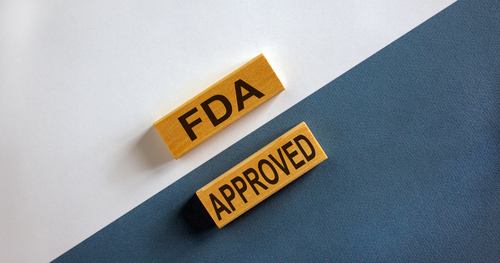TMS Solutions Offers FDA-Cleared TMS Therapy as a Safe and Effective Treatment for Depression
TMS Solutions has a proven track record of success, with 73% of their patients reporting at least a 50% reduction in symptoms and over 49% achieving complete remission. These results are backed by the FDA's clearance of TMS therapy in 2008, affirming its safety and effectiveness.

TMS Solutions has a proven track record of success, with 73% of their patients reporting at least a 50% reduction in symptoms and over 49% achieving complete remission.
Salt Lake City, UT (Newsworthy.ai) Wednesday Jan 17, 2024 @ 12:00 PM Eastern —
TMS Solutions, a leading provider of Transcranial Magnetic Stimulation (TMS) therapy, is revolutionizing the treatment of depression with its drug-free, non-invasive, and non-systemic approach. TMS therapy involves delivering magnetic pulses to the mood-regulating part of the brain, stimulating neurons, and offering relief from depression symptoms without negative side effects.
TMS Solutions has a proven track record of success, with 73% of their patients reporting at least a 50% reduction in symptoms and over 49% achieving complete remission. These results are backed by the FDA's clearance of TMS therapy in 2008, affirming its safety and effectiveness.
One of the reasons for TMS Solutions' success is its patient-centered approach. Each patient receives personalized care from a dedicated technician, ensuring individualized attention and support throughout treatment. Patients also benefit from end-of-treatment evaluations with licensed providers and gain access to a vast network of over 2,000 primary care providers.
Moreover, TMS Solutions is proud to be pre-qualified by the VA to treat veterans nationwide, showcasing their commitment to serving those who have served our country. The company has also been selected as one of the ten TMS providers nationwide for an FDA adolescent clinical trial led by the prestigious Mayo Clinic.
TMS therapy offers a safe, non-invasive alternative to traditional depression treatments such as medications or electroconvulsive therapy. It is covered by most major medical insurance companies, Medicare, and the VA, and is sometimes covered by Medicaid in certain states.
Newsworthy Reactions: